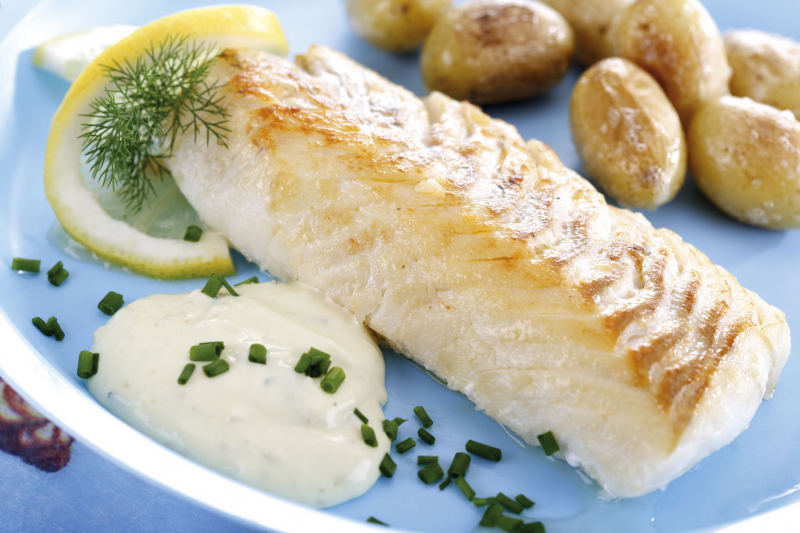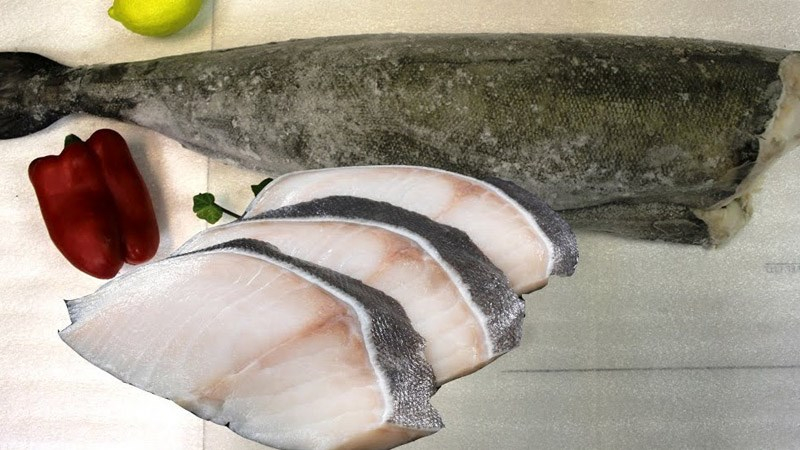Cod

Cod is a gregarious species of marine fish in the genus Gadus that may migrate large distances to spawn and find food. Because this fish lives deep in the ocean, it is tough to exploit and catch. Cod is one of the world's most tasty fish. Cod has solid, white flesh with a faint scent that is thick and less fishy. There are many distinct species of cod, but the two most common are the Atlantic cod (Gadus morhua) and the Pacific cod (Gadus macrocephalus).
According to numerous scientific studies, the level of calcium, protein, vitamin A and vitamin D, as well as the content of Omega 3 in cod is significantly higher than that of other fish, and these nutrients are beneficial to brain development. Muscles are strengthened, degenerative joint diseases are reduced, blood pressure is regulated, and weight gain is limited. Cod is high in protein and low in fatty acids, lowering the risk of cardiovascular disease. Because cod is a lean fish, it has numerous essential elements while also being low in calories. As a result, cod can both boost health and aid in weight loss. Cod also contains a variety of minerals, including phosphorus and selenium. Phosphorus is a mineral found in bones and teeth. Meanwhile, selenium aids in the formation and protection of DNA. This fish has about 20% phosphorus and 40% adult selenium in an 85-gram serving.
Cod, like much other fish, can carry parasites, and if eaten raw, the parasites in the food can cause gastrointestinal sickness and unpleasant symptoms such as diarrhea and stomach pain as well as muscle ache. To avoid this problem, this fish must be prepared. Furthermore, consumers must purchase fresh fish that has not been dead for an extended period of time in order to safeguard their health when eating.
















